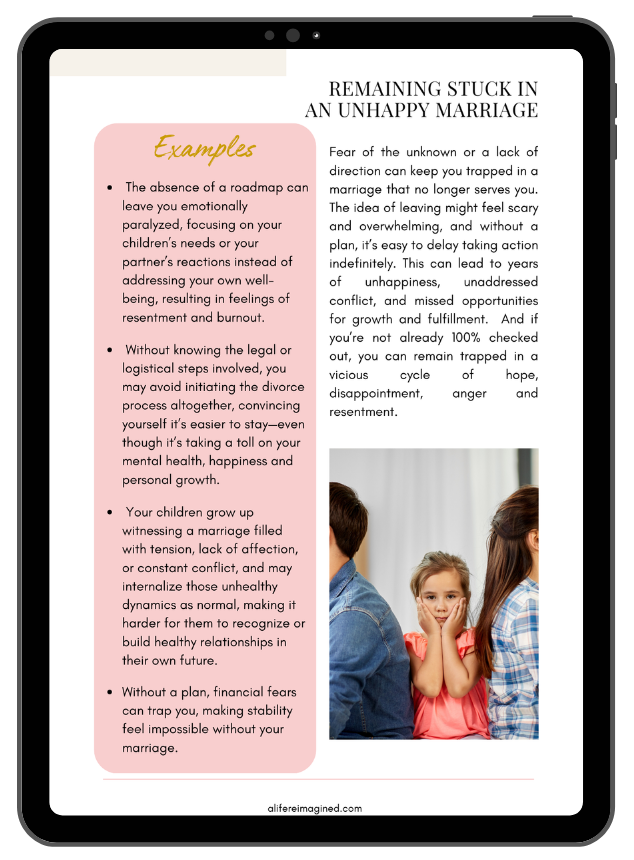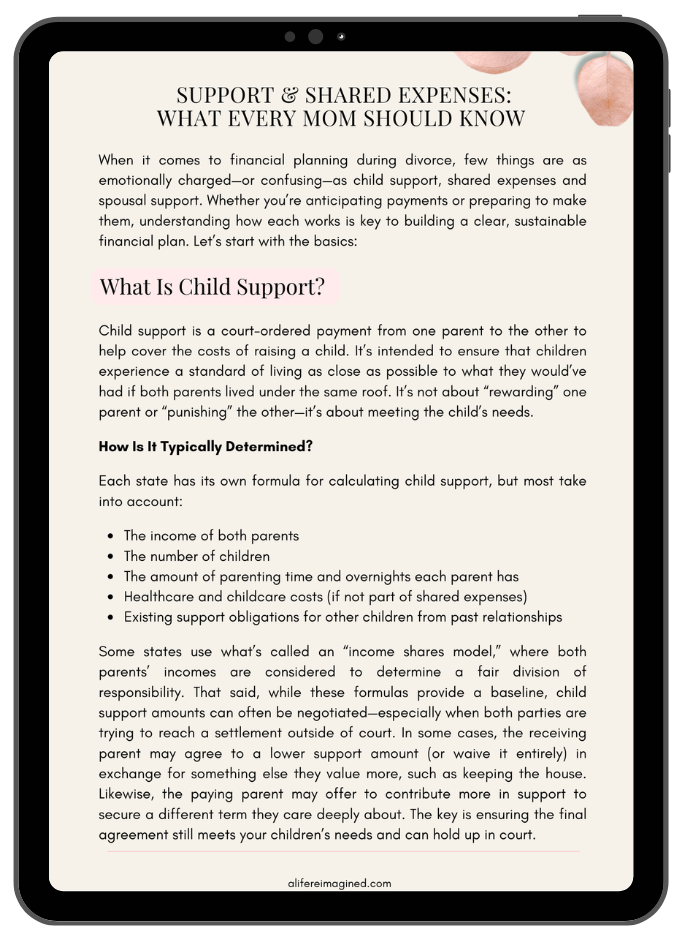
If you’ve ever found yourself shaking with rage, panic-texting your ex, or yelling into the wind after reading yet another nasty message, you’re not alone.
This is fight-or-flight in action.
And no—you’re not just “too sensitive.”
You’re wired for it.
The Biology of the Blow-Up
When your ex pushes your buttons (again), your nervous system does exactly what it was designed to do: protect you. It senses a threat and kicks you into survival mode.
We’ve inherited this from our cave-dwelling ancestors.
Except now, instead of facing a saber-toothed tiger, it’s a passive-aggressive text, a courtroom threat, or a dig at your parenting.
And when you’re in that state, your rational brain goes offline.
No logic. No perspective. No ability to choose your words wisely.
Just the instinct to fight back… or run.
So, Why Would Divorce Be Any Different?
If conflict was part of your marriage, chances are it’s going to show up in your co-parenting dynamic too.
Why? Because unless something radically changes, you’re both still operating from the same old playbook—just in a different arena.
And so the cycle continues.
He throws a jab, you respond defensively.
You call him out, he ramps it up.
You’re anxious, stressed, and emotionally wrecked—and the kids feel it too.
So what can you do?
First, Regulate – Then Communicate
You don’t need to be a Zen master to stop reacting—you just need a few tools to help your nervous system feel safe again.
Before you craft a response, do this:
Breathe like you mean it. Try box breathing (inhale 4, hold 4, exhale 4, hold 4). It signals to your body that the threat has passed—even if your ex is still being a jerk via iPhone.
Name what’s happening. “I’m feeling attacked.” “This message is activating my fight response.” Naming the emotion creates just enough space between you and the trigger.
Shake it off—literally. Movement helps discharge adrenaline. Go for a brisk walk. Dance it out. Shake your hands. You’re not being dramatic—you’re being biologically smart.
Ground yourself. Put your feet on the floor. Name five things you see, four you can touch, three you hear. This pulls you out of panic and back into the present.
None of this makes your ex less awful—but it makes you less reactive. And that shift? It’s where your power lives.
Okay—nervous system settled? Good. Now here’s the move that will save your sanity the next time your ex tries to bait you into a meltdown.
Stop. Drop. And Roll (Through the Message)
Think back to childhood fire drills: Stop. Drop. And Roll.
We’re giving it a co-parenting twist.
- STOP the urge to respond right away.
- DROP the phone or walk away from the conversation.
- And when you’re calm and back in your rational mind, ROLL with it—meaning:
- Stick to what matters.
- Ignore the bait.
- Respond only to what’s truly necessary.
Example Time: The Text Tirade
Let’s say your ex sends you this charming little message:
“You looked disgusting today. No wonder nobody wants you. Seriously, how do you even look at yourself in the mirror? What time is Billy’s soccer game Saturday?”
Yikes.
Is it tempting to clap back?
Maybe something like:
“Well, I guess we finally agree on something—you’ve been hard to look at since 2009.”
Of course it’s tempting.
But helpful? Not even close.
The best response?
“Billy’s game is at 10am.”
No acknowledgement of the insults. No emotional charge. No fuel added to the fire.
Why? Because high-conflict people feed on drama.
They want the fight.
They’re expecting you to react.
And every time you do, you just reinforce the pattern—and keep yourself locked in it.
What If There Was No Question—Just the Attack?
Then the response is simple: no response.
- No response is a response.
- A boundary. A refusal to play the game.
- A declaration: you don’t get access to me like that anymore.
Will it be easy? Nope.
Will it make you feel powerful over time? You bet.
And here’s the deeper impact: every time you choose to pause instead of pounce, you lower your stress and reclaim your peace.
Not just for the day—but for the long game.
Final Word
Getting off the hamster wheel of conflict isn’t easy with a difficult co-parent.
But the more you respond instead of react, the more you begin to regulate your nervous system, shift the dynamic, and model something healthier for your kids—even if the other parent never changes.
- You don’t have to win the argument.
- You don’t have to prove your point.
- You just have to protect your energy.
And that? That’s the real win.










